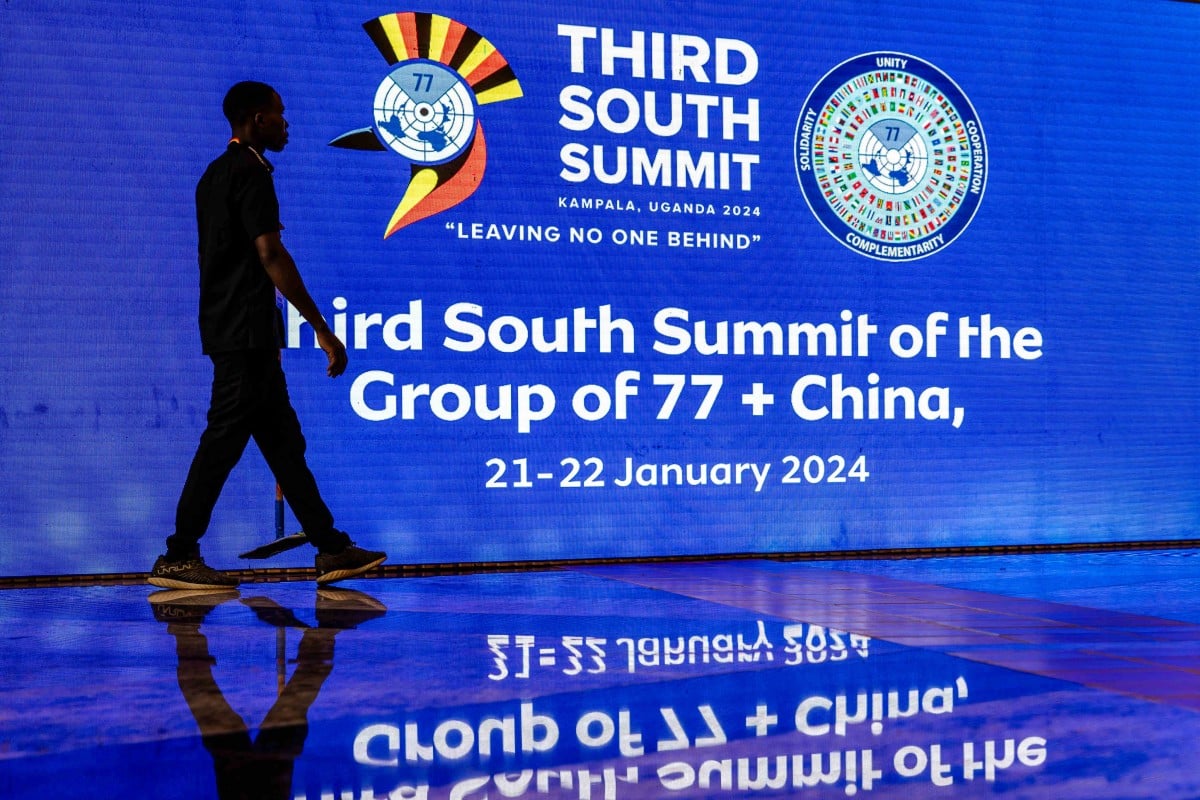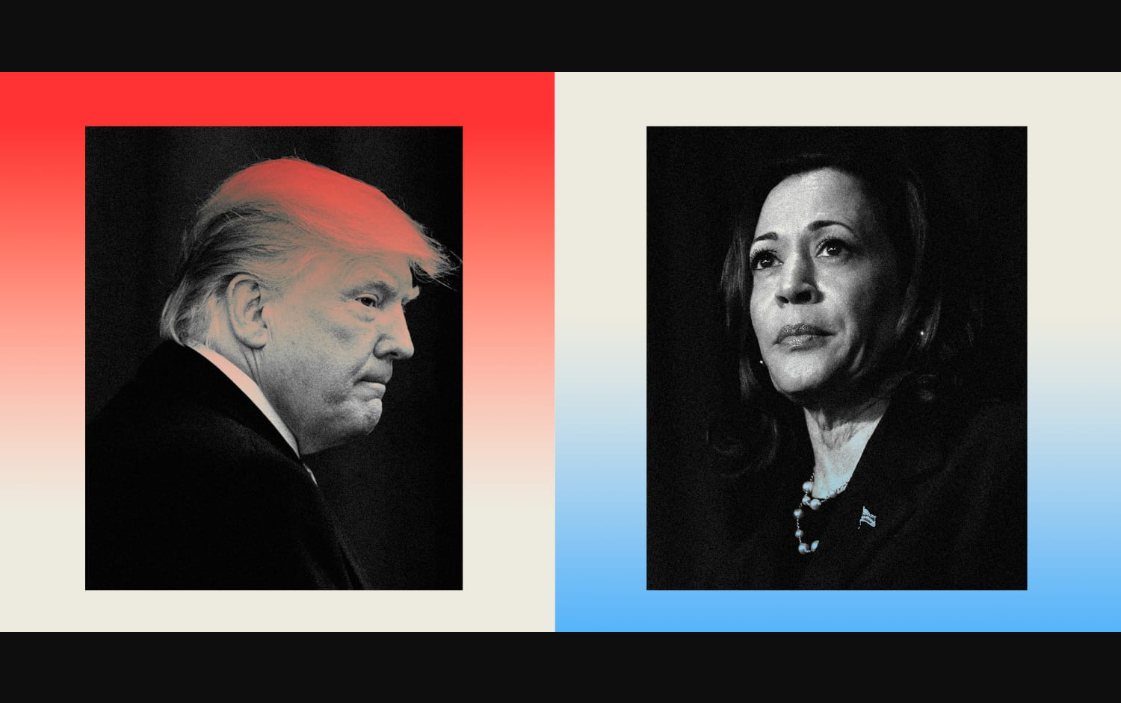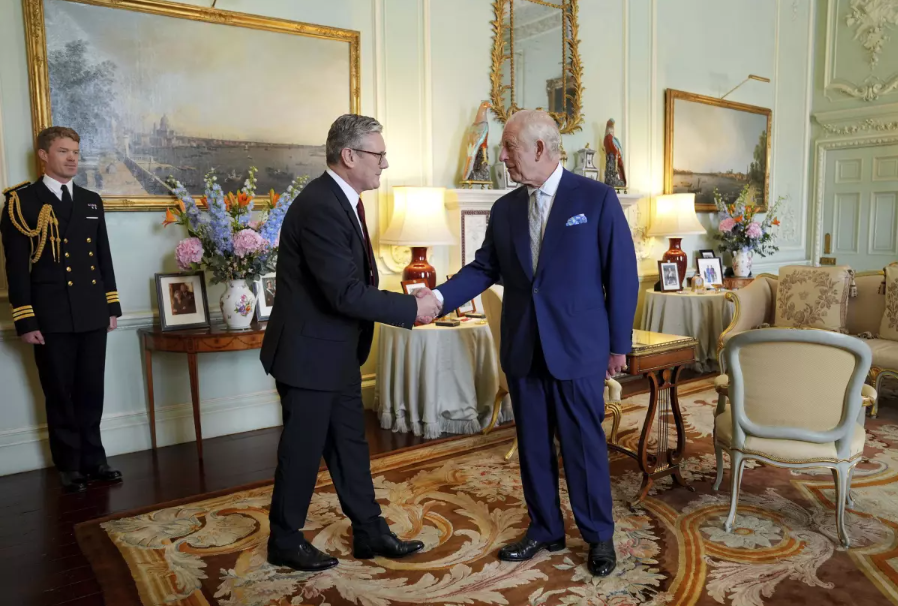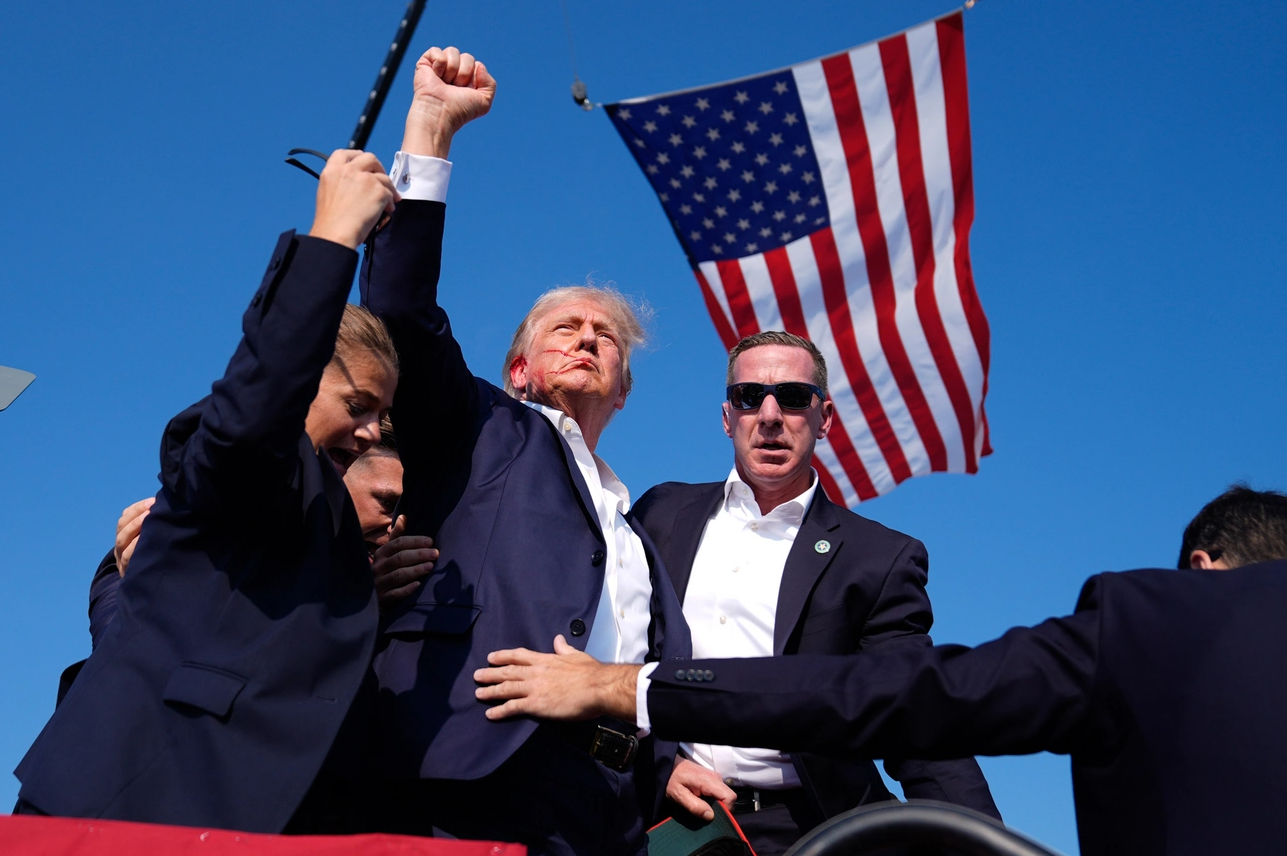Fu Suixin, Assistant Researcher at Institute of American Studies, Chinese Academy of Social Sciences
Aug 08, 2024
China-U.S. ties will suffer historic harm if Donald Trump’s party wins the White House and a majority of both houses of Congress. Conservative voices have already made their anti-China agenda abundantly clear.

Zhao Minghao, Professor, Institute of International Studies at Fudan University, and China Forum Expert
Aug 05, 2024
But developing nations don’t want to become pawns in a geopolitical power game. They call for the rejection of a new cold war and have been trying to ensure that development stays at the top of the global governance agenda.
Brian Wong, Assistant Professor in Philosophy and Fellow at Centre on Contemporary China and the World, HKU and Rhodes Scholar
Jul 31, 2024
The recent snap elections in France have complicated the country's foreign policy, particularly towards China. With the rise of both the far-right National Rally and the left-wing New Popular Front, France's stance on China is increasingly uncertain, as diverging views within these factions challenge President Macron's strategic autonomy and complicate Sino-French relations at a critical juncture.
Philip Cunningham, Independent Scholar
Jul 31, 2024
China’s relationship with Russia puts its relationship at risk with the West, and is perhaps the most significant challenge in China-U.S. relations.

David Shambaugh, Gaston Sigur Professor and Director of China Policy Program at George Washington University, Distinguished Visiting Fellow at Hoover Institution of Stanford University
Jul 31, 2024
As the 2024 U.S. presidential election takes an unexpected turn with Kamala Harris stepping in as the Democratic candidate and Donald Trump showing strong poll numbers, there have been a variety of speculations surrounding future U.S. policies toward China. As in past presidential campaigns, adopting a "tough on China" stance tends to be a winning strategy with voters, so we can likely expect increased critiques in the coming months. But no matter which candidate wins in November, China policies are not likely to change very much from the past two administrations.

He Wenping, Senior Research Fellow, Charhar Institute and West Asia and Africa Studies Institute of the China Academy of Social Sciences
Jul 26, 2024
The new Iranian president, Masoud Pezeshkian, is a reformer who may represent a change in the country’s national mindset. But he will likely to continue to “look East” in the future, fostering closer economic and trade cooperation with China.

Brian Wong, Assistant Professor in Philosophy and Fellow at Centre on Contemporary China and the World, HKU and Rhodes Scholar
Jul 26, 2024
Britain’s recent change in leadership will test its ability to navigate its relationship with a powerful China - both an important trading partner and formidable foe on the global stage. As one of the West’s preeminent powers, the UK must move with sound strategy to achieve its goals.
Dong Yifan, Assistant Research Fellow, China Institutes of Contemporary International Relations
Jul 26, 2024
As the countries lean more to the left, they may use relations with China to counter the growing radical right movement in the United States and its domino effect in Europe.
Chen Jimin, Guest Researcher, Center for Peace and Development Studies, China Association for International Friendly Contact
Jul 26, 2024
The 2024 Republican Party Platform in the United States reveals much about the direction Donald Trump’s foreign policy would take if he were re-elected. His words and past behavior, paint a sobering picture that is tinged by right-wing ideology.

Shang-Jin Wei, Professor, Finance and Economics at Columbia University
Jul 19, 2024
Can an assassination attempt improve a candidate’s chances of winning an election? Taiwan’s experience suggests that it might. During its 2004 presidential election, polls showed then-President Chen Shui-bian trailing his opponent, Nationalist Party (Kuomintang) candidate Lien Chan. But this changed abruptly the day before the vote, when Chen and Vice President Annette Lu were shot during an election rally.